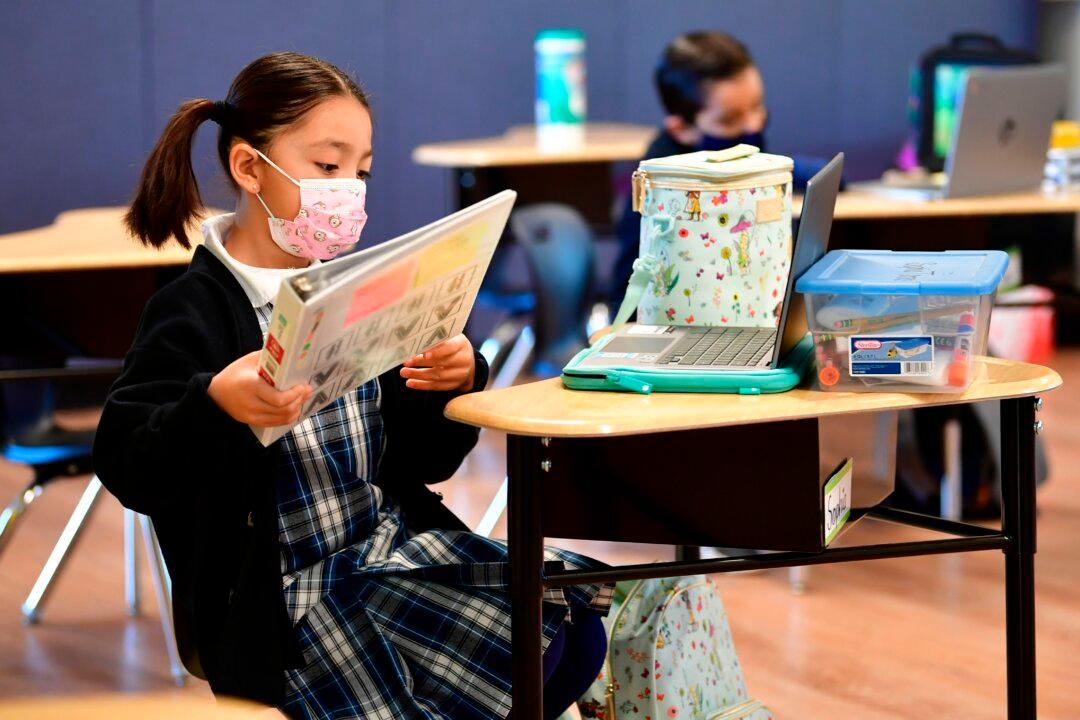The respiratory syncytial virus (RSV) is affecting children in Colorado more than COVID-19, according to a chief medical officer of Rocky Mountain Hospital for Children.
“RSV is very contagious and very prevalent in the school system as well as throughout daycare centers and in homes,” Dr. Reginald Washington told FOX31 KDVR-TV on Jan. 12, adding that “COVID is increasing in its prevalence” and impacting children the second most, with the adenovirus being third.






